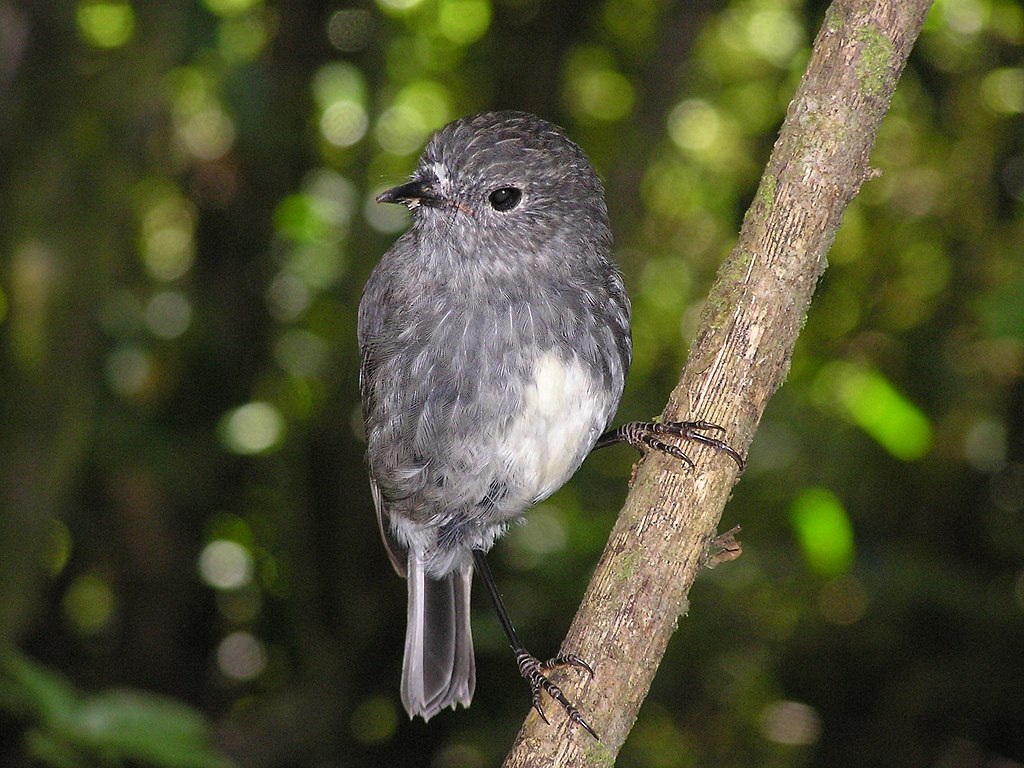News release
From:
Individual animals often differ in their ability to override impulses and old habits, a cognitive ability known as inhibitory control. Yet despite growing interest in the evolution of inhibitory control, it is poorly understood whether this individual variation is heritable and consistent over long timescales in the wild. We found that wild toutouwai, a small New Zealand songbird, demonstrated individual differences in their inhibitory control abilities which remained consistent over a 1-year period. However, we found no evidence that inhibitory control was heritable, suggesting that the variation we observed may be environmentally determined rather than genetic.



 New Zealand; International
New Zealand; International



